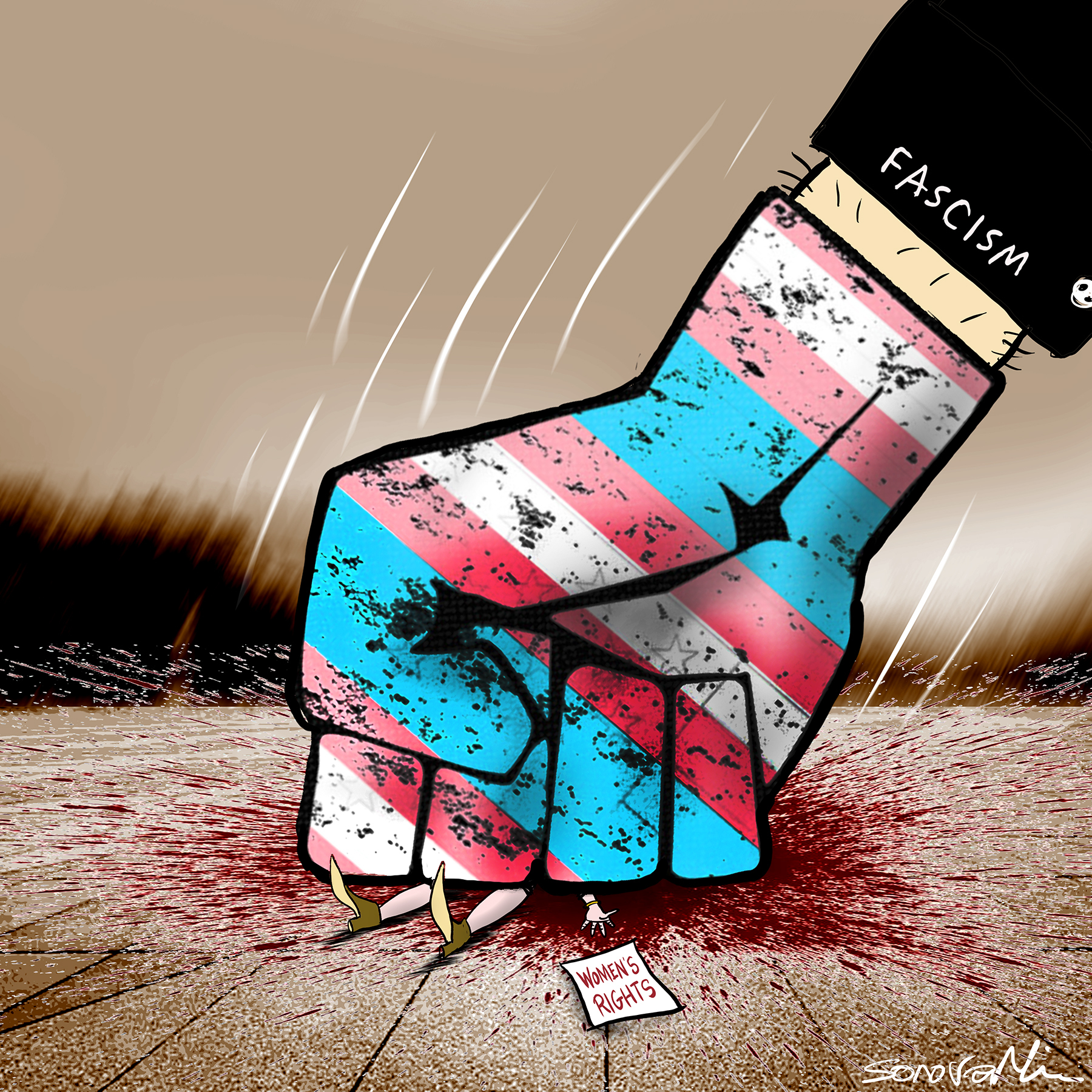Stuart Smith
National MP for Kaikoura
The right to freedom of expression is a fundamental human right, and it is crucial for the functioning of a democratic society.
It allows individuals to express their opinions and beliefs, even if they are unpopular or controversial. This right is protected by international law and is enshrined in our Bill of Rights.
Last week, protesters took to the streets in Auckland to demonstrate against British writer, Posie Parker.
I didn’t know who Posie Parker was before this event, and frankly I don’t care. I do not subscribe to her view on transgender people, either, but I respect her right to free speech.
What was particularly concerning about this protest was how the protesters put their views above the right to freedom of expression. They accused Parker of being transphobic and promoting hate speech against transgender individuals, and while it is understandable that some may disagree with Parker’s views, attempting to silence her and prevent her from expressing them, is not acceptable.
The protesters behaved as though their views were more important than the right to freedom of expression of others: they argued that Parker’s views were harmful and had real-world consequences for transgender individuals and, therefore, she should not be allowed to express them.
Well, this is a dangerous precedent to set.
When individuals start to believe that their views are more important than the right to freedom of expression, it opens the door to censorship and the silencing of dissenting opinions.
It is also important to note that what constitutes hate speech is often a matter of subjective interpretation, and it is not the place of protesters to determine what can and cannot be said.
If Parker’s views are indeed harmful and offensive, then individuals are free to criticize and challenge them. Likewise, if the protesters’ actions are harmful and offensive, then they, too, should be subject to the same options.
Attempting to silence Posie Parker and prevent her from expressing them is a violation of her fundamental human rights.
One must remember, however, that the protesters did not represent the entire transgender community, and many transgender individuals have expressed their support for Parker’s right to freedom of expression, even if they do not agree with her views.
Attempting to silence Parker and her supporters is a violation of their fundamental human rights, and to think otherwise is to accept mob rule, which is a pathway to chaos.
Government minister Marama Davidson was intoxicated by her participation in the protest and made outrageous racist and sexist comments. In my view, she is not fit to hold a ministerial warrant and the prime minister should sack her.
Questions must be asked around why the police appeared to stand by and let the mob run riot.
Whoever was responsible for the police not protecting the right of free speech should be reminded of the words of the late Evelyn Beatrice Hall: “I disapprove of what you say, but I will defend to the death your right to say it.”

